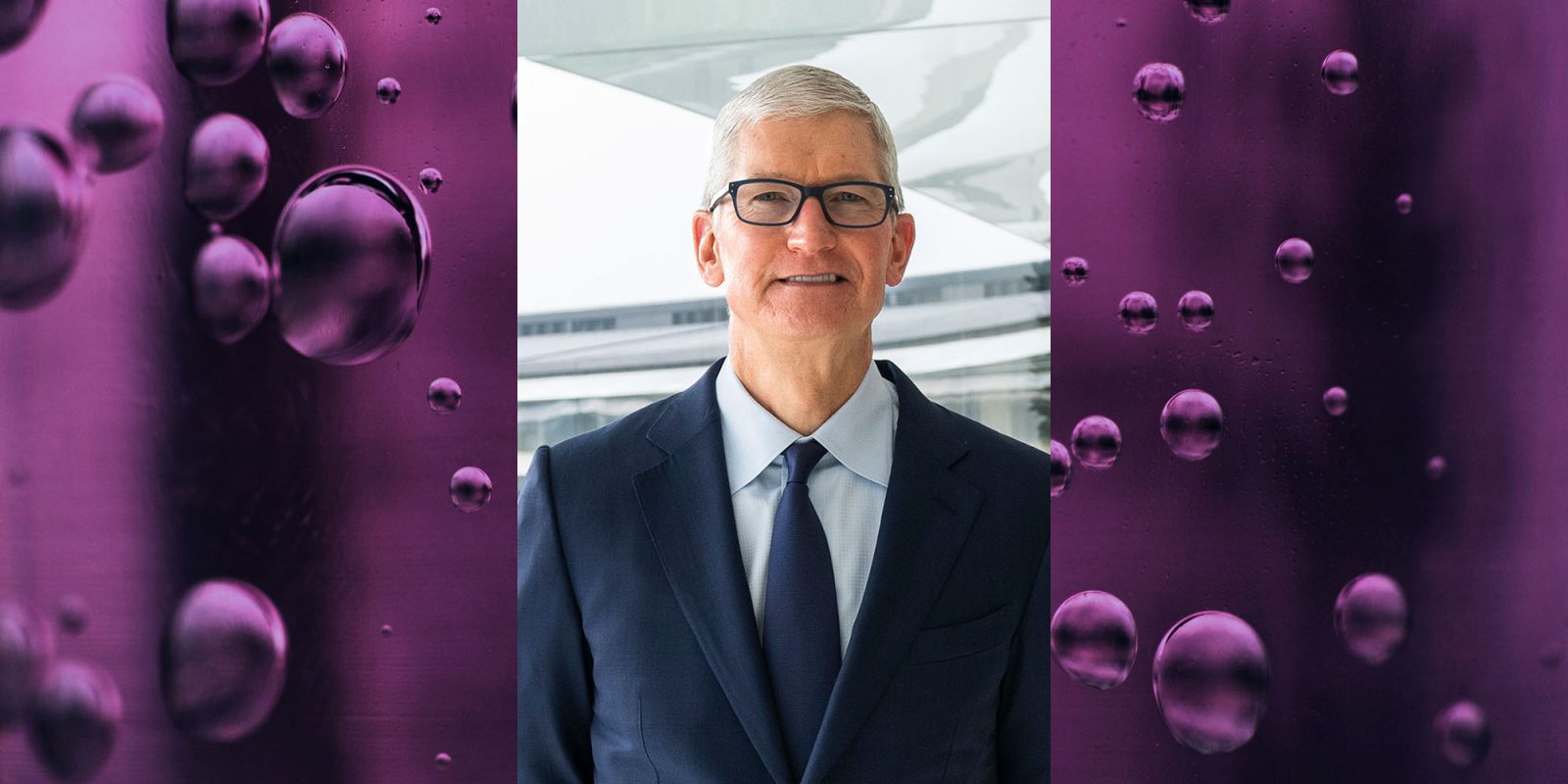
A wide-ranging interview with Apple CEO Tim Cook reveals him (kind of) denying OpenAI rumors; addressing the potential conflict between the power requirements of AI and Apple’s environmental goals; the journey toward Apple Glasses; and how Apple’s greatest legacy may be saving lives.
Cook kicks off by denying that Apple was late to AI, pointing out that the company first built a neural engine into its products back in 2017 …
Apple wasn’t late to AI, not considered charging for it
Cook spoke with Wired’s Steven Levy.
Back in 2017 we built a neural engine into our products. It was already apparent that AI and machine learning were huge. It became obvious that we had to divert lots of people to it, that it would be a new era for our products.
There’s been talk of Apple potentially charging for some Apple Intelligence features in future, but Cook seems to essentially rule that out.
We never talked about charging for it. We view it sort of like multitouch, which enabled the smartphone revolution and the modern tablet.
Unclear denial of OpenAI rumors
Back in the summer, there were reports that Phil Schiller was going to join the board of ChatGPT creator OpenAI, in an observational role – and then that he wouldn’t. There was also talk of Apple investing in OpenAI.
Cook denied this, though because both points were put to him in a single question, it’s not entirely clear what he was denying specifically.
Q: First Apple was going to have an observer on OpenAI’s board. Now you’re not. Recently it was rumored you were going to participate in their big investment round. You didn’t.
A: There’s no truth behind that at all. And I would just say, our MO is not to go out and invest in a number of companies. It’s rare that we’ve ever done that. So it would be odd, an exception, for us to do that there.
Q: So you never considered investing in OpenAI?
A: I’m not going to say we never looked at it. I’m just saying that it would be a rare move on our part to do that.
AI energy usage
Levy asked Cook whether there was a conflict between the extremely high energy demands of AI servers and the company’s environmental goals.
More challenges, yes. But are we coming off the goal? No, definitely not. With more data centers, you use more renewable energy, and we’ve built that muscle now. Since 2015 our carbon footprint is down over half, while our net sales have gone up well over 50 percent. I feel very good about 2030 [when Apple has said its entire supply-chain will be carbon-neutral].
Heading towards Apple Glasses
Levy pointed to Meta and Snap glasses, and asked whether that sort of form-factor was the end-goal for Vision Pro. Cook appeared to confirm that an Apple Glasses product is the long-term aim.
Yes, it’s a progression over time in terms of what happens with form factors. AR is a huge deal. With Vision Pro, we’ve progressed to what is clearly the most advanced technology we’ve ever done, and I think the most advanced technology in the world in terms of electronics problems. We’ll see where it goes.
Apple’s biggest legacy will be saving lives
Cook said that the company’s biggest legacy was going to be in the health field, and noted the lives that had been saved through the company’s work in this area.
It’s clear to me that if you zoom out way into the future, and you look back and ask what Apple’s biggest contribution was, it will be in the health area. That’s what I really believe. When we started pulling that string with the Apple Watch, it was a cascade of events. We started with something simple, like monitoring your heart rate, and then figured out we could pick up heart signals to get to an EKG and an AFib determination. Now we are monitoring sleep apnea. I’ve gotten so many notes over time from people who would have not survived had it not been for the alert on their wrist.
Much of the interview naturally repeats Cook’s familiar talking points, but it’s still an interesting read.
Image: 9to5Mac collage of photos by President.gov.ua/CC4.0 and Alexander Grey on Unsplash
FTC: We use income earning auto affiliate links. More.





